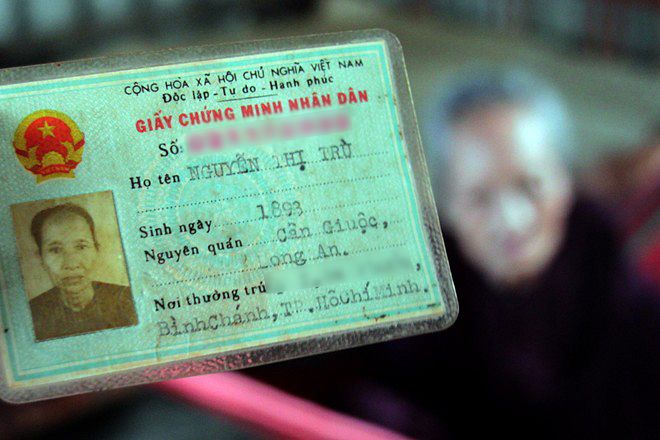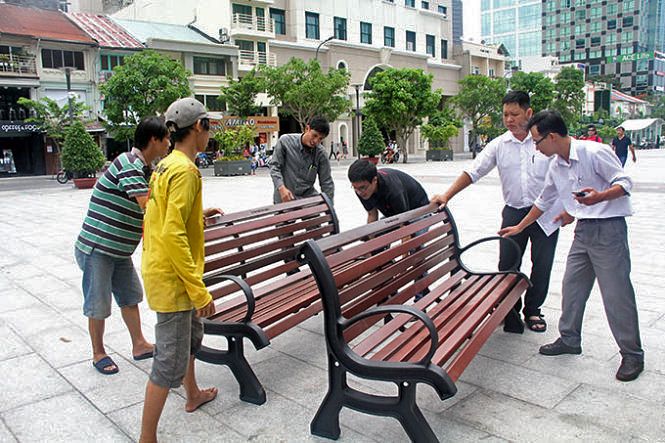Yesterday, while many Saigoneers were still recovering from a few days of aggressive shopping during this year’s Black Friday sales, Saigon authorities convened at a conference to announce a new initiative that will, if all goes according to plan, turn the metropolis into a “smart city” by 2025.
Zing reports that the numerous projects under this “smart city” effort aim to bring Saigon up to speed with other major cities in the region when it comes to applying information technology during administrative processes. Moreover, the plan also seeks to improve the city’s efficiency in management through predictions and digital models.
“The nature of running a ‘smart city’ is reducing the suddenness of decision-making because [with a smart city], everything can be predicted,” Secretary of the Ho Chi Minh City Party Committee Nguyen Thien Nhan said at the event in Vietnamese. “If [the city] has enough data on flooding, high tides and weather patterns in a year, it can forecast the weather and flooding situation in urban areas. Such predictions cannot be computed by hand, but can be by computer software.”
A few phases of this major project will be carried out over the next few years until 2025. Currently, parts of the “smart city” initiative are undergoing a trial run in some districts. For instance, District 1 and 12 are currently piloting a scheme to digitize all medical data at local hospitals.
The city’s Department of Transport has also established a surveillance center that is connected to 500 cameras installed all over town to monitor and direct traffic in Saigon. The police department, meanwhile, is conducting a trial run of a surveillance system that is capable of facial and license plate recognition to help with solving crimes.
As for local residents, under the “smart city” grand plan, Saigoneers will enjoy "low-cost power, convenient public transport, good healthcare services and schools, fresh air, clean water and diverse recreational activities, while being guaranteed a low crime rate", reports VnExpress.
City dwellers will also have access to basic services such as broadband internet, clean, stable and cheap energy, opportunities to study and affordable living spaces.
While the “smart city” scheme sounds like a dream on paper, it remains to be seen whether the promised features will become reality over the span of less than a decade, considering Saigon’s current overcrowding and flooding problems. Historically, Saigon-based projects don’t have the best track records when it comes to meeting deadlines, if the various delays of metro lines in town are any indication.
[Photo via Siemens]














